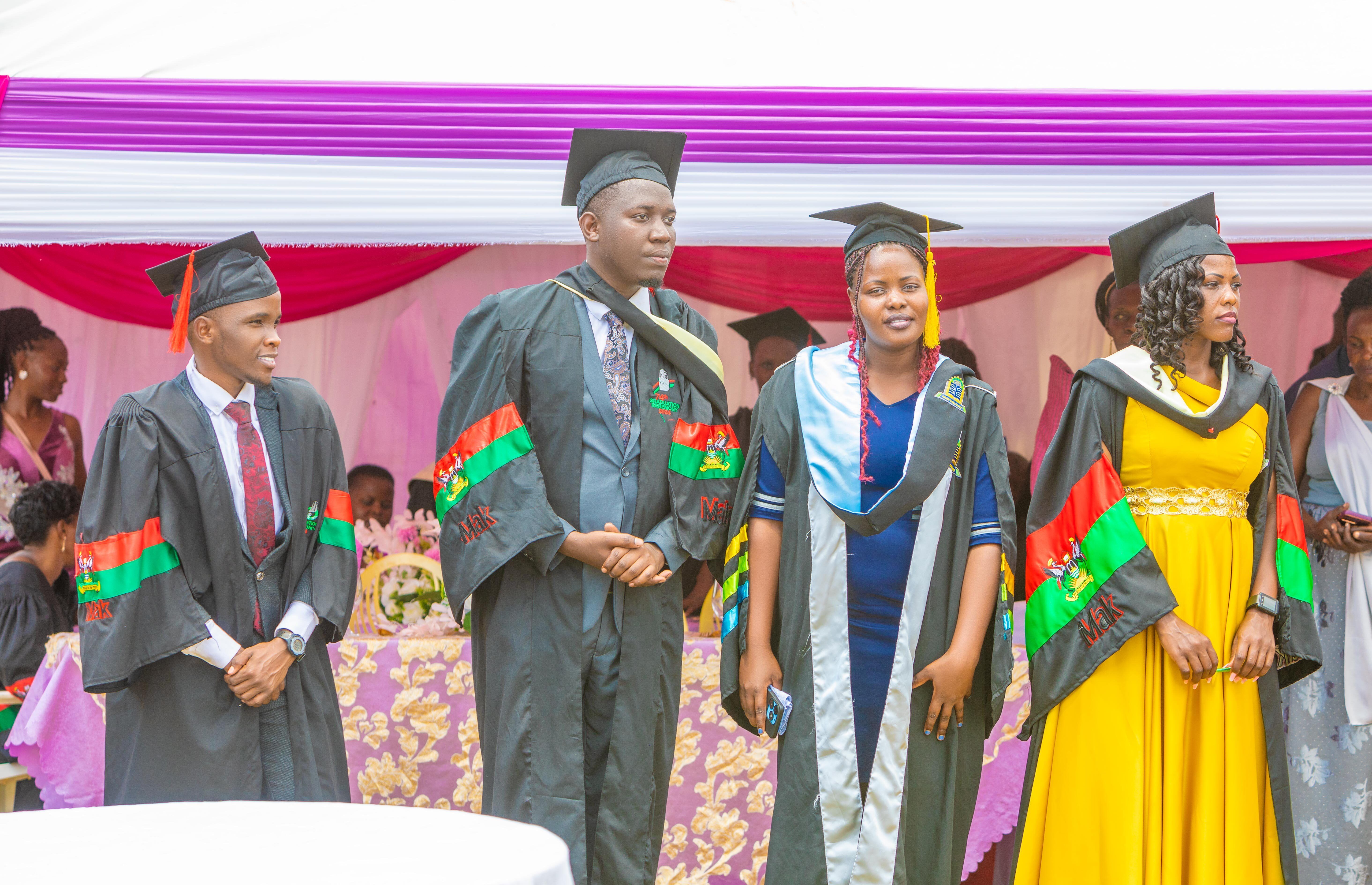One of the greatest setbacks to the educational development of a girl child is the lack of sufficient information about her menstrual cycle. This is mainly due to the stigma attached to menstruation in our society and its effect on every aspect of life.
Why Menstrual Stigma is bad for the society as a whole
Menstrual stigma is a global issue that negatively affects human health and well-being. It affects girls, boys, and the entire society as a whole. It also impacts the environment and economy in negative ways.
Menstrual stigma has far-reaching consequences for the girl child:
- First, it can lead to unhealthy decisions on the part of caregivers who may not provide adequate nutrition or care for their young girls during their menstrual cycles.
- Second, menstruation is one of the primary reasons why many young girls drop out of school before completing high school education—a loss that affects both economic growth at large as well as public health outcomes such as maternal mortality rates and newborn survival rates (Lengua et al., 2016). In addition to this direct effect on overall education attainment levels across communities/countries where menstrual stigma is prevalent (e.g., India), there are significant indirect effects as well: when families choose which children will be allowed access to quality schooling based not on merit but rather on gender stereotypes related specifically with menstruation status; these decisions then result in lower levels of educational attainment among all children within those communities even after accounting for individual differences like IQ scores etcetera; hence we find ourselves once again back at square one where these same ‘stigmatized’ individuals become prime targets for discrimination later down life’s road
What Menstrual Education Can Achieve
When you educate girls about their periods, they will have a better understanding of their bodies. This in turn will help them to make informed decisions about their health, and also help them with self-esteem. When girls learn about menstruation early on in life, they can go on to make healthy choices when it comes to sexual activity and relationships.
When girls understand what is happening with their bodies as they grow up, they are more likely to feel empowered by this knowledge than if they do not get any information at all. Menstrual education leads to healthier lifestyles overall because it encourages women (or men) who are aware of their bodies’ natural functions – such as menstruation -to talk openly about these matters instead of keeping them hidden from view like some dirty little secret!
This type of education would be beneficial for both genders because its goal is not only about teaching girls about periods but rather focusing on helping everyone understand what menstruation means for each person individually; whether that involves learning how best to balance your lifestyle during this time or simply acknowledging its importance within society today.”
How to Educate a Girl Child About Her Periods
- Start early. If you have a daughter, start educating her about her period as soon as possible. It is important, to be honest, and tell your child everything she needs to know about it, including how it works, what causes it and why it happens at different times for different people.
- Use the correct language. Avoid using words like “down there” or “period” in an embarrassing way; these terms should be treated as natural parts of life that can be discussed openly without embarrassment or shame.
- Explain the importance of hygiene: Hygiene is important because it helps keep blood stains off clothes and bed linen, which makes your child feel more comfortable when going through this process every month (or so). Make sure they know how to properly clean themselves after every episode—in other words, avoid using fabric softener on their underwear if you don’t want them stained with red marks! Also, make sure they understand why certain fabrics work better than others–for example, cotton panties are preferable because they’re easy-to-wash material that won’t stain easily unlike synthetic ones made out of polyester fibres found in most synthetics we use today such as shirts etcetera…
Educating the Girl child about their periods is an important step toward building a more empowered and socially conscious society.
The education of young girls is a fundamental step towards building a more empowered and socially conscious society. It also helps them understand their bodies, as well as their rights, hygiene practices, privacy issues and consent. An educated girl will know that she has the right to say no if someone tries to take advantage of her. She will be aware that she has no obligation to give in to the demands made on her by anyone who does not respect her wishes or attempts to control her actions.
An educated girl will know how important it is for girls and boys alike to be educated about gender equality so that they can develop a healthy attitude towards each other as equals from an early age. Girls should be taught about how menstruation does not mean you are dirty or impure or less than others because of it; instead, it is just one aspect of your life like any other aspect such as doing homework or playing football with friends! This way they won’t grow up thinking “I’m dirty” every month but instead they’ll see this time as an opportunity for self-growth and learning more about themselves without fear of judgement from others because everyone goes through periods too so there’s nothing strange/dirty/gross about them either way:)
Conclusion
Education is the key to breaking the stigma around menstruation and empowering girls to understand their bodies. It is a step toward building a more sensitive, aware and empowered society. Menstrual health education gives women the confidence they need to actively participate in society and make informed decisions about their own bodies.


